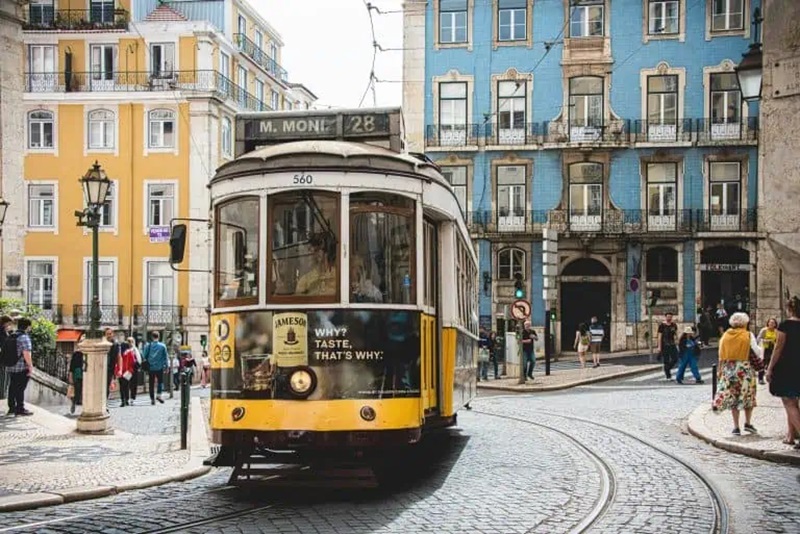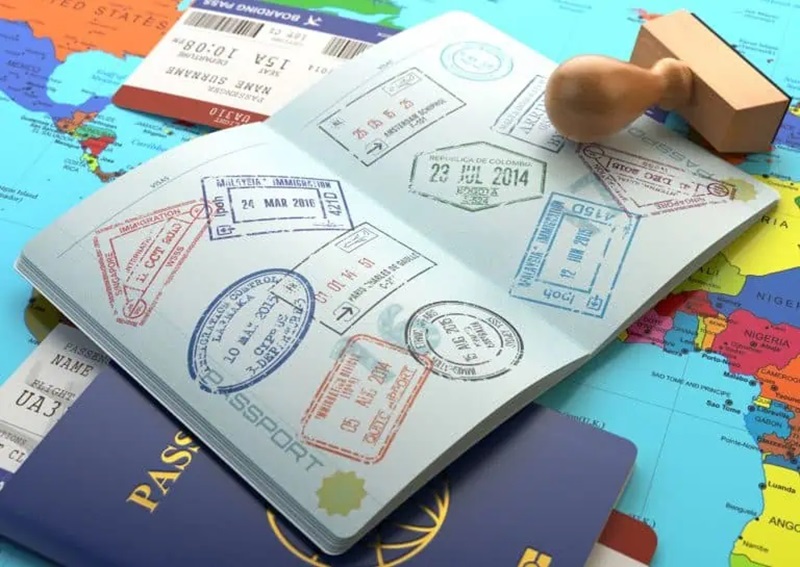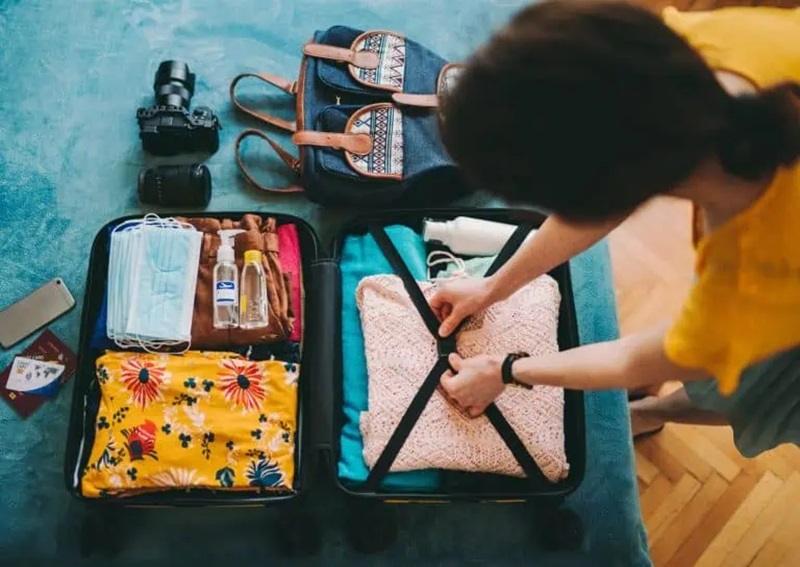If you are traveling to Europe for the first time, this comprehensive guide will help you to experience an amazing and memorable trip with careful planning.
Traveling to Europe is a dream for many people; A land with rich history, diverse cultures and stunning landscapes; But planning your first trip to the continent can be both exciting and daunting. In this guide, we provide you with step-by-step planning for a trip to Europe so that you can enjoy the experience in the best way possible.
1. Determining the date and duration of the trip
To begin, specify the date of your trip and the duration of your stay in Europe. Consider factors such as the weather, peak tourist seasons, and specific events you want to attend. For example, if you would like to attend a local festival, adjust your travel time accordingly.
2. Choose destinations
Research and identify the countries and cities you want to see in Europe. Consider your personal interests, budget, and time constraints. If you are interested in history and culture, cities like Rome and Paris are good choices; If you like nature and adventure, the northern European countries like Norway are good options.
Photo source: gamin traveler website Photographer: Unknown
3. Create a general plan
It is very important to plan an overall itinerary based on your chosen destinations and travel dates. Determine how many days you will stay in each city and how you will move between them. This will help you optimize your trip and make the most of your time.
4. Consider travel insurance
Travel insurance is a key point in planning your trip. This insurance protects you against sudden emergencies, trip cancellations or medical expenses. Especially if you plan to travel to different countries, this insurance can ease your mind.

Photo source: gamin traveler website Photographer: Unknown
5. Determining the budget
Figure out your travel budget and factor in the costs of tickets, accommodation, transportation, food, activities and souvenirs. Look at your taxes realistically and set your priorities based on your interests. This will help you not to get into trouble during the trip.
6. Booking flights and accommodation
As soon as the dates and destinations are confirmed, search for flights and accommodation. Try to book early to find the best prices. Use ticket price comparison websites and booking platforms. Also, depending on your taste and budget, consider options such as hostels, hotels, Airbnb or rental houses.
 Portugal” loading=”lazy”/>
Portugal” loading=”lazy”/>
Photo source: gamin traveler website Photographer: Unknown
7. Transportation planning
Explore shipping options within Europe. You can book cheap train, bus and airline tickets online. Buying rail tickets or city transportation cards can help you save money and be more comfortable.
8. Research activities and attractions
Do your research on the sights and activities available in each destination. Create a list of must-sees and special experiences. At the same time, leave room for unexpected explorations and local discoveries.

Photo source: gamin traveler website Photographer: Unknown
9. Check visa requirements
Check the visa requirements for each country you plan to visit in Europe. Make sure your passport is valid for at least 6 months after your travel date.
10. Smart packaging
Make a list of essential items based on the season, weather forecast, and activities planned for your trip. Don’t forget versatile clothing, comfortable walking shoes, travel essentials, and any necessary documents or medications.

Photo source: gamin traveler website Photographer: Unknown
11. organize
Organize all travel documents, reservations and important information digitally or physically. Share your travel plan with family or friends and leave copies of important documents to a trusted person.
12. Learn basic phrases
Get to know the basic expressions and greetings in the local languages of the destination countries. Although English is spoken in most European cities, learning a few words of the local language can enrich your travel experience.

Photo source: gamin traveler website Photographer: Unknown
13. Flexibility
Be flexible and open throughout your journey. Accept unexpected opportunities, changes in plans, and cultural differences as part of your adventure. This feature can make your trip more enjoyable.
14. Enjoy your European adventure
And finally, enjoy every moment of your trip. Immerse yourself in the culture, food and history of each destination and create unforgettable memories. Traveling to Europe is an opportunity to step into a new world and experience life from a different angle.
If you have ever traveled to Europe, share your opinion and experiences with us and other companions where Share it.
Cover photo source: gamin traveler website Photographer: Unknown
RCO NEWS
















